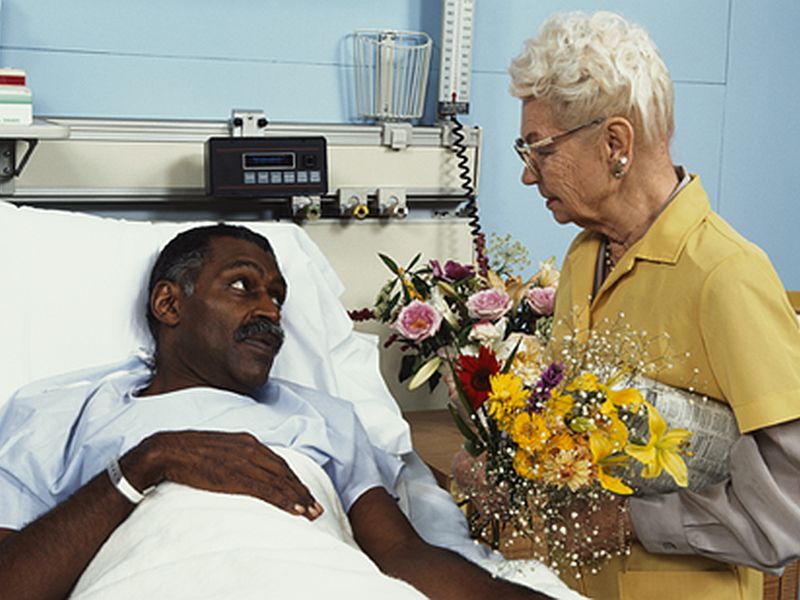Araştırma sonuçları, özel hastane odaları oluşturmanın hastane kaynaklı infeksiyonları önleyerek tasarruf sağladığını ortaya koyuyor.
Private Rooms May Save Money By Cutting Hospital Infection Rates
Increased cost of building them is offset by decreases in additional medical care, research shows

TUESDAY, Nov. 24, 2015 (HealthDay News) — Patients in private hospital rooms are less likely to develop infections, which saves hospitals money in the long run, a new study reveals.
The findings show that the costs of building private hospital rooms are more than offset by the health care savings of preventing hospital-acquired infections, according to the researchers.
“We showed that although single-patient rooms are more costly to build and operate, they can result in substantial savings compared with open-bay rooms — all of this by avoiding costs associated with hospital-acquired infections,” study lead author Hessam Sadatsafavi, a postdoctoral researcher at Cornell University, said in a university news release.
The researchers determined the costs of building single rooms or converting multi-patient rooms to private rooms, and the annual operating costs. They then examined the “internal rate of return,” which determines if a project is financially feasible.
Building new private rooms or converting multi-patient rooms into single rooms resulted in an internal rate of return of more than 56 percent over five years, which is much higher than the rate of return that health care organizations deem to be acceptable, the researchers said.
The study was published online recently in the Journal of Critical Care.
Private rooms are more expensive to build and operate, but “you have to spend additional money to treat the patients that acquired infection, as it would increase their hospital stay, and to contain the sickness — powerful cleaning supplies, support services,” Sadatsafavi said in the news release.
“Single-patient ICU rooms reduce the cross-transmission rate and avoid extra medical costs to contain infection, and our research showed that these savings offset capital costs,” he added.
Hospital-acquired infections are the most common complication of hospital care in the United States and result in extended hospital stays, higher costs and increased risk of patient death.
More information
The National Patient Safety Foundation has more about preventing infections in the hospital.
SOURCE: Cornell University, news release, Nov. 12, 2015
— Robert Preidt
Last Updated:
Copyright © 2015 HealthDay. All rights reserved.


